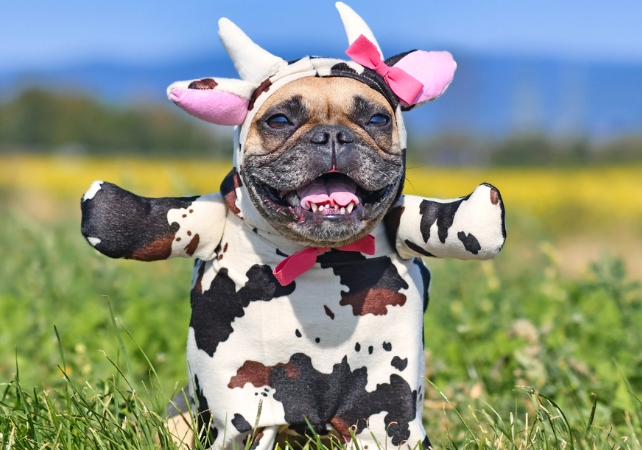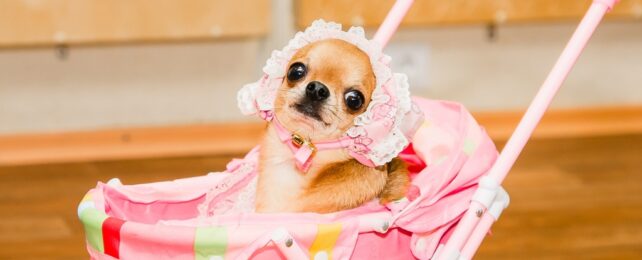Forgoing the stress and expense of a child for a furbaby or two is rapidly becoming a social norm in Western society, with dog ownership rising even while birth rates plateau and fall.
Across the US, Canada, Australia, and much of Europe, between a third and half of all households own at least one dog. As this number slowly creeps up, most nations are experiencing a steady drop in fertility predicted to put population sizes at risk in coming decades.
A recently published theoretical review by ethologists Laura Gillet and Enikő Kubinyi at Eötvös Loránd University in Hungary explores the underlying cultural reasons behind the trend, and what it means for the concept of a family in the future.
Dogs have long been our treasured companions. For thousands of years, possibly on numerous separate occasions, human communities and groups of wild dogs have joined forces, forming a bond that has only strengthened down the generations.
Once, this relationship may have been largely utilitarian, dominated by mutually beneficial behaviors that gave each an advantage in hunting and protection.
Today, people aren't exactly buying a pooch to sniff out a choice flat white and danish from the local cafe. The dog's niche has evolved, becoming less pragmatic and more nurturing.
Take a stroll down just about any high street in London, Paris, Melbourne, or New York, you could be forgiven for thinking Juju the puppacino-sipping Bichon Frisé and Captain Jack the plaid-clad French bulldog are mere surrogates for human offspring.

While there are undoubtedly dog owners who see little distinction, the researchers say it's generally the exception to the rule.
"We would like to point out that, contrary to popular belief, only a small minority of dog owners actually treat their pets like human children," says Kubinyi.
"In most cases, dog parents choose dogs precisely because they are not like children, and they acknowledge their species-specific needs."
Following a comprehensive review of the literature on the topic, Gillet and Kubinyi argue our strong desire to love and support isn't species-specific. Dogs and babies aren't mutually exclusive, with plenty of room for both in our hearts. If not our wallets.
Socio-cultural pressures of having children rule them out for many young adults, leaving canine companions to reap the benefits of time, money, and snuggles.
"Despite the high dependency and attachment of dogs to their caregivers, in the eyes of many, commitments coming with dog ownership remain less burdensome than child parenting," says Gillet.
Financially speaking, the expense of raising a child in the US has steadily increased in recent years. One survey estimates in just the past two years alone, costs have surged by an astonishing 35.7 percent.
Throw in concerns over the kind of world we're leaving future generations, a perceived loneliness of parents – particularly mothers – in the midst of changing family structures, and pressures on women in the workforce, babies are an investment fewer people are willing to make in the Western world.
That doesn't necessarily mean dogs are filling this gap. Rather, the empty nesters can simply afford the pet that parents may otherwise have never committed to.
"Dog parenting can also coexist with child parenting, enhancing the idea that humans might have evolved to care for others regardless of species," the researchers sum up in their report.
As society ages and more people face an isolation epidemic that threatens our health and mental wellbeing, it's important to know Captain Jack and Juju aren't merely replacing the children we never had – they are vital members of the family who will care for us in their own unique ways.
This research was published in European Psychologist.
